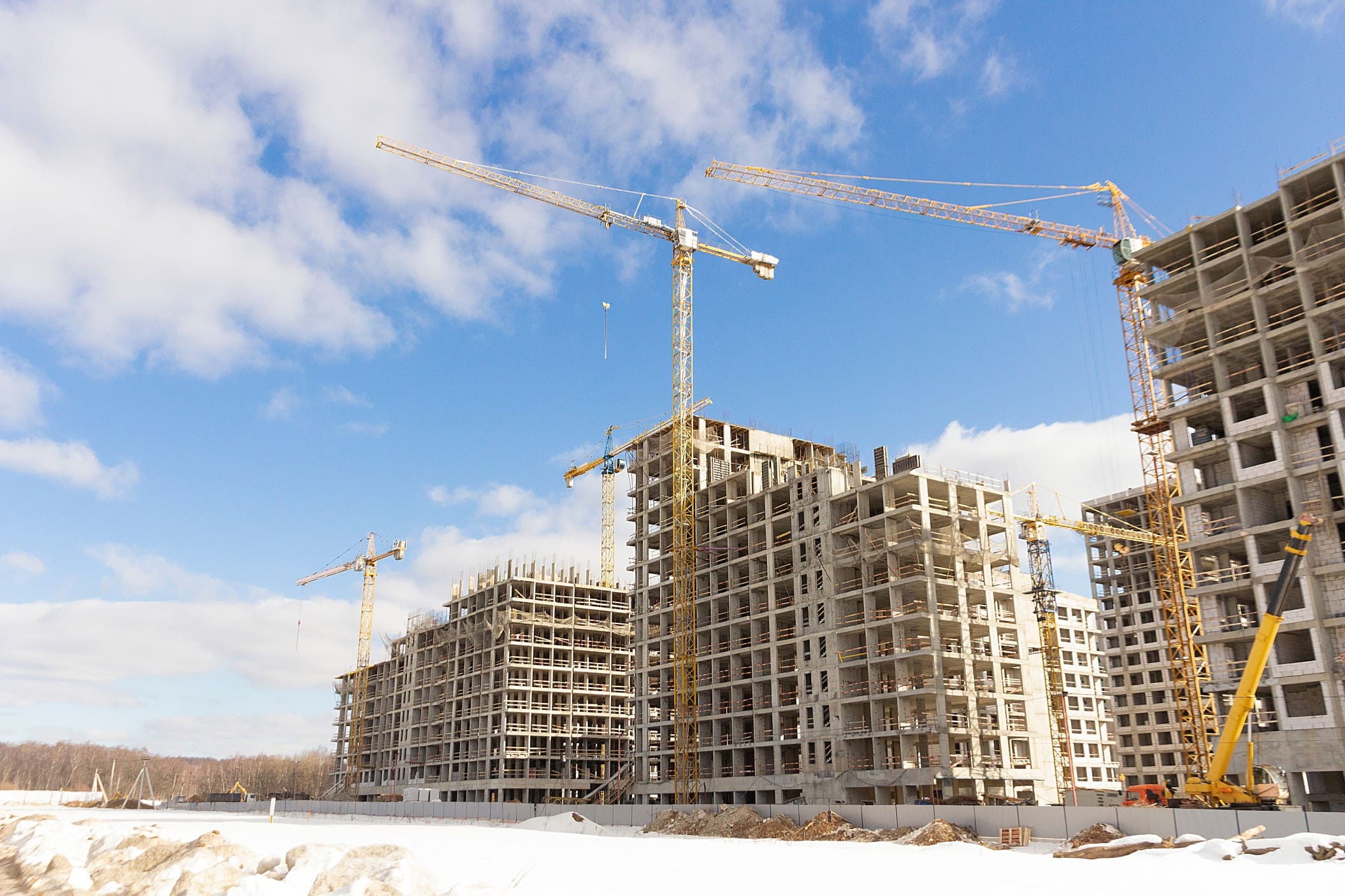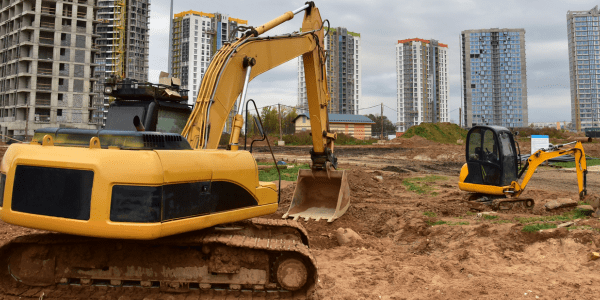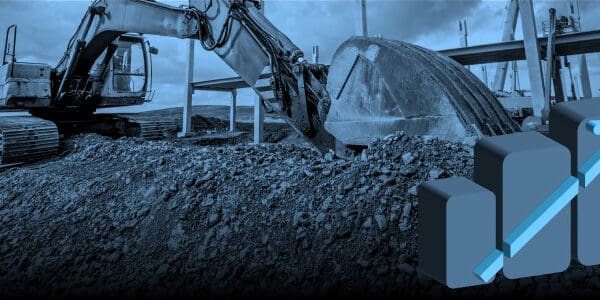
- As the world strives to reduce its carbon output, the construction industry has a big role to play in shaping a greener tomorrow
- Innovative technologies such as 3D concrete printing and electrification of construction vehicles have the potential to significantly reduce notoriously emission-heavy processes
- Even compared to events from just a few years ago, strides in technology were clear to see at this year’s UK Construction Week
UK Construction Week always does a great job of showcasing the latest technical innovations across the industry. So, when I attended Construction Week 2022 earlier this month at the Excel Arena in London, I was interested to hear and understand how different firms are tackling today’s challenges, and where technology is assisting in providing solutions, especially around the topic of sustainability.
Although the UK government’s Net Zero Strategy is for the country to be carbon-neutral by 2050, its more immediate commitments are to reduce emissions by 78% by 2035, and 68% by 2030 (compared to 1990 levels). Producing greener energy is very much an industry priority, so I was keen to learn more about the latest advances in this field.
Here’s three takeaways from the show.
3D Concrete Printing
The concrete industry accounts for 8% of all global emissions. Cement manufacturing makes up much of this number as the material is created by firing limestone, clay, and other materials in a kiln. This involves burning fossil fuels to achieve reaction temperatures and breaking down calcium carbonate into calcium oxide and CO2.
Versarien’s new 3D concrete printer was on display at the show and will be utilized in the construction of tunnels for HS2, Britain’s new high speed railway network. This printer incorporates a new technology, Printfrastucture, which inserts microscopic strands of graphene into the 3D concrete printing process. As graphene is two hundred times stronger than steel, adding graphene to the mixture reduces the amount of cement and steel required and aims to reduce carbon emissions by 50%. This will also considerably simplify the construction process requiring less cranes and delivery trucks.
The electrification of construction vehicles is now well under way with machines in different sectors now readily available, including mini and large excavators, backhoe loaders and telehandlers.
Electric Construction Vehicles
The electrification of construction vehicles is now well under way with machines in different sectors now readily available, including mini and large excavators, backhoe loaders and telehandlers.
As construction machinery is responsible for around 1.1% of global CO2 emissions each year, moving away from diesel to electric or hybrid can be a game changer for construction companies. Those who have already made the move are seeing additional benefits in shifting to greener technology including reduced vibration and noise pollution, and lower operating and maintenance costs.
I was very interested whilst speaking with the team at Select Plant to learn that not only were they the first business in the UK to take delivery of the world’s first battery powered crawler crane, the Liebherr LR 1250.1, but now it also has it fully operational in the field. The Liebherr LR 1250.1 crane not only produces zero emissions but also performs identically with diesel equivalents.
On-Site Accommodation
AJC EasyCabin’s Ecosmart Zero CO2 eco modular cabins provided a glimpse of the future of on-site accommodation at the show. Combining large solar panels with hydrogen fuel cells helps to ensure up to 100% of the on-site accommodation power demands can be met with zero emissions.
There’s now also a proven number of techniques that are being used across the industry to reduce carbon emissions including pre-fabrication, utilizing reused and recyclable materials, using low carbon products and materials, and improving and streamlining construction practices.
The last Construction Week show I attended back in 2019 (pre-Covid) highlighted the challenges the industry would be facing. It’s refreshing to see how many companies have taken up the mantle and the innovative solutions the tech and construction industries are now implementing to address them.





